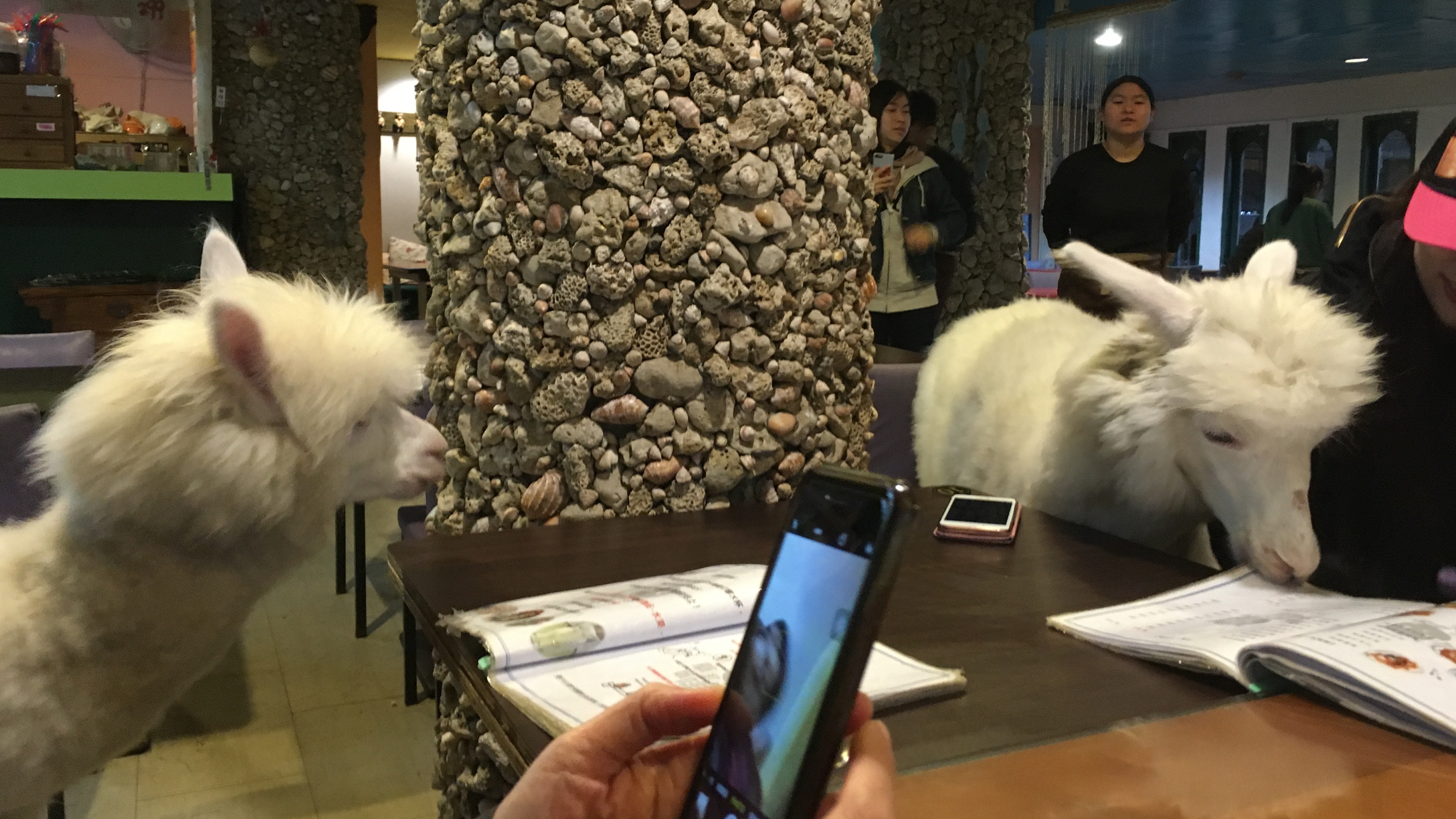It’s become popular all over the world, in recent years, to take photos of what you eat and post them on social media. Some people religiously take photos of everything they eat, keep food diaries, or go to restaurants specifically to post pictures. As someone who tends not to care about what they eat, so long as it’s filling and keeps me alive, it’s always been a bit hard for me to understand the extreme fixation of Taiwanese culture on food (which is nothing new; it’s a traditional greeting in Taiwanese for someone to ask if you’ve eaten yet—Jiă bà buāi? or 吃飽了嗎?, literally “Have you eaten yet?”—though it’s not as common among young people now.)
It’s hardly unique to Taiwan that local watering holes or restaurants become famous for certain dishes. But Taiwan seems to take it to extremes, with each city or town having its own local specialties, and tasting all of them an absolute requirement for visitors. This tendency is so pronounced that traveling to other parts of Taiwan on vacation often feels like a nonstop process of wandering from place to place with local friends to try every local food and drink recommendation—hours and hours of walking around local markets, or from restaurant to restaurant. Such places often offer a trademark specialty, or zhaopai (招牌), which is sometimes a sampler plate of the whole menu. And when you eat these specialties, you’ll of course post a picture of each one on social media.
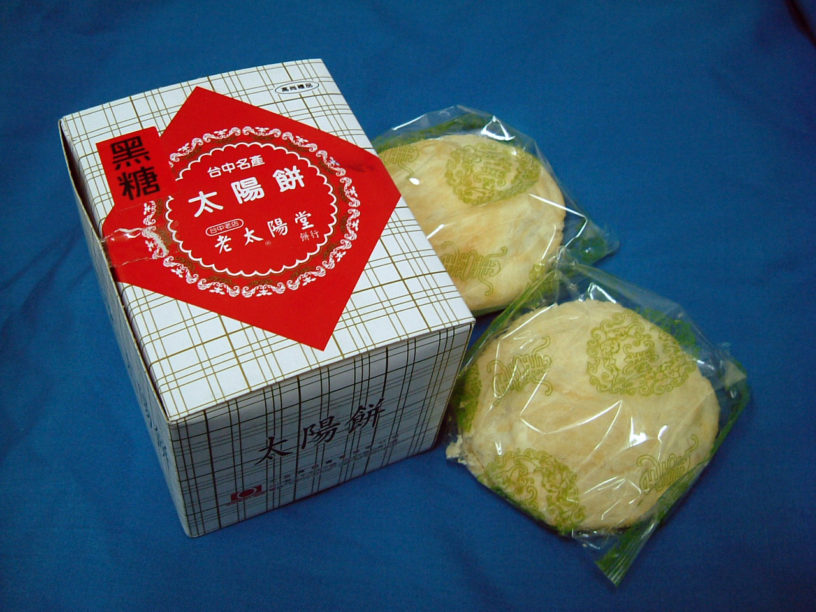
The list is endless: Suncakes in Taichung, coffin bread and danzai noodles in Tainan,* ba-wan in Changhua, a-geh in Tamsui. Or you might go for a special variation of a familiar Taiwanese dish, such as minced pork rice in southern Taiwan in place of the braised pork rice of northern Taiwan, the northern versus the southern variant of bawan, or the near-infinite varieties of zongzi. Everyone swears by his own favorite place.
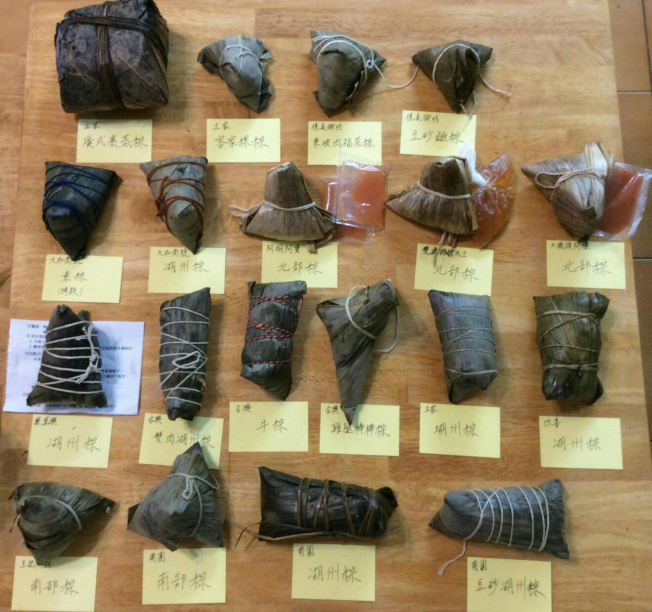
Different varieties of zongzi.
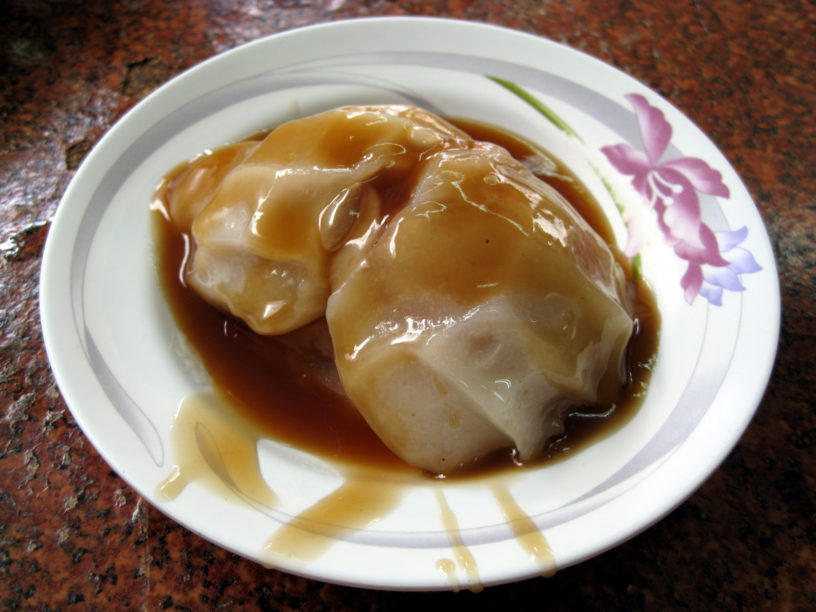
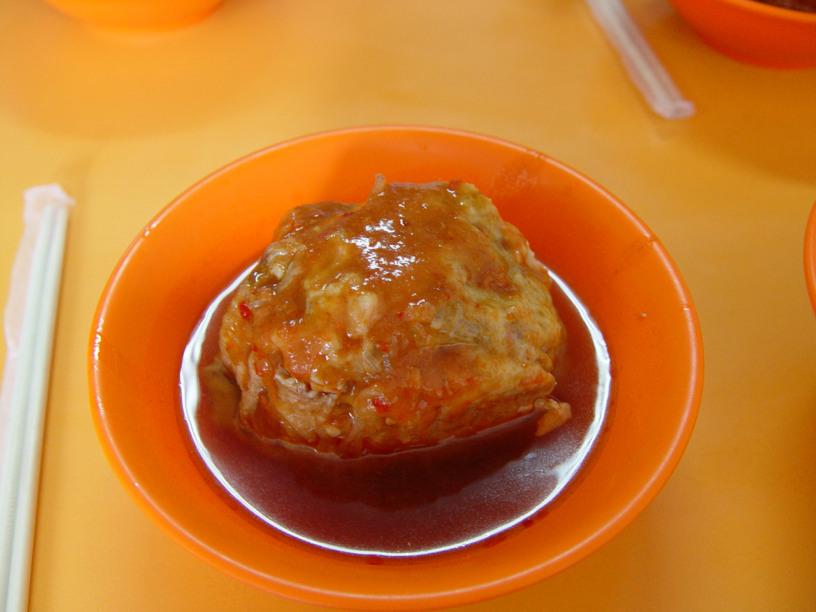
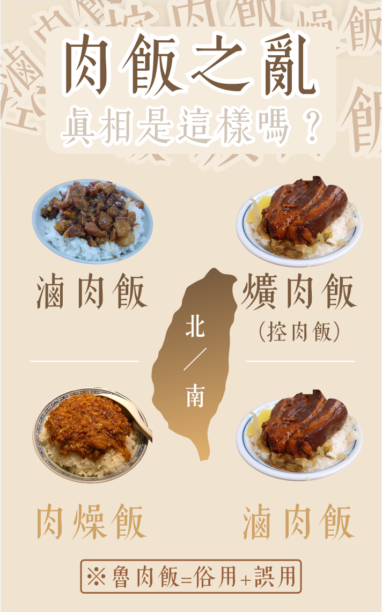
Regional varieties of rice paired with meat.
Coffee shops in Taiwan are now so prevalent, in Taipei at least, that one wonders how they all manage to survive—though admittedly many of them don’t. Competition is so fierce that Taipei’s coffee shops have to have some striking feature to distinguish themselves—odd chairs hanging from the ceiling like hammocks, live llamas wandering around, being especially tiny, with room for just one seat. For many of these novelty places, once everyone has gone and taken a selfie there, business dries up.
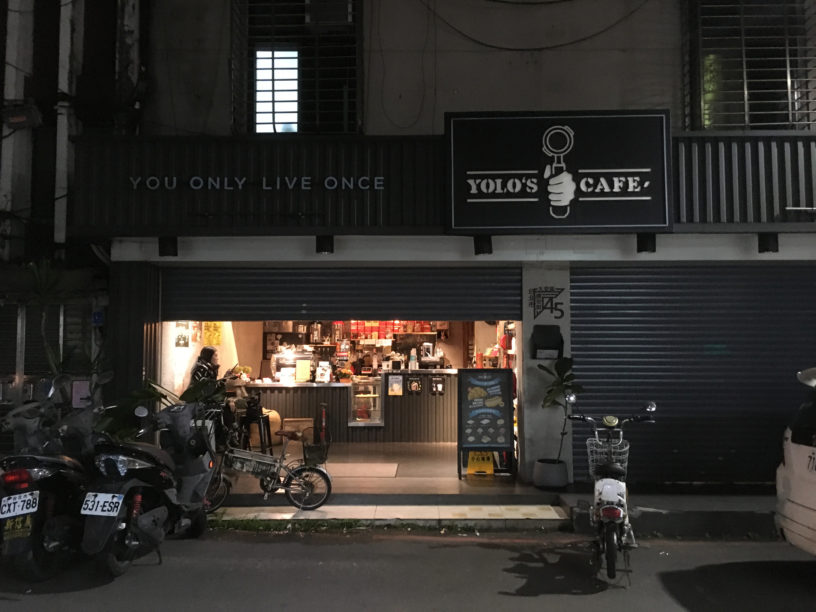
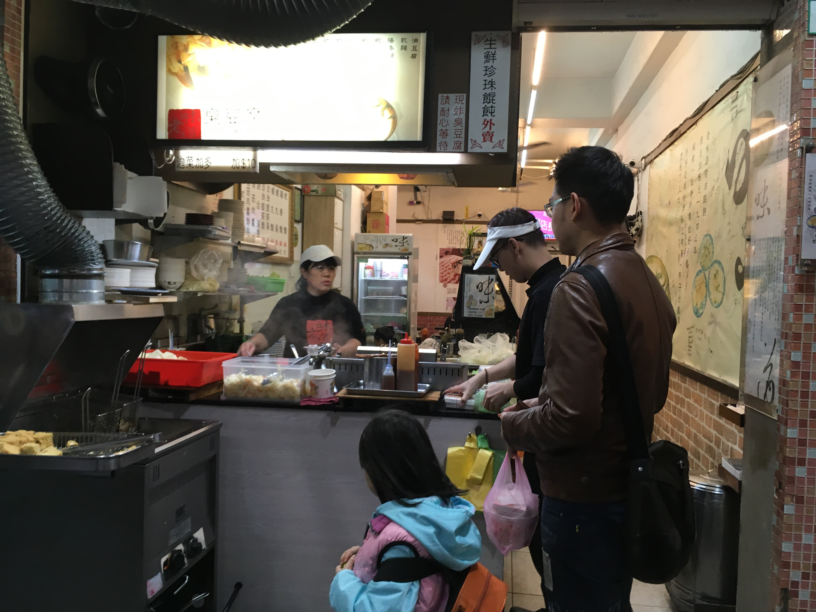
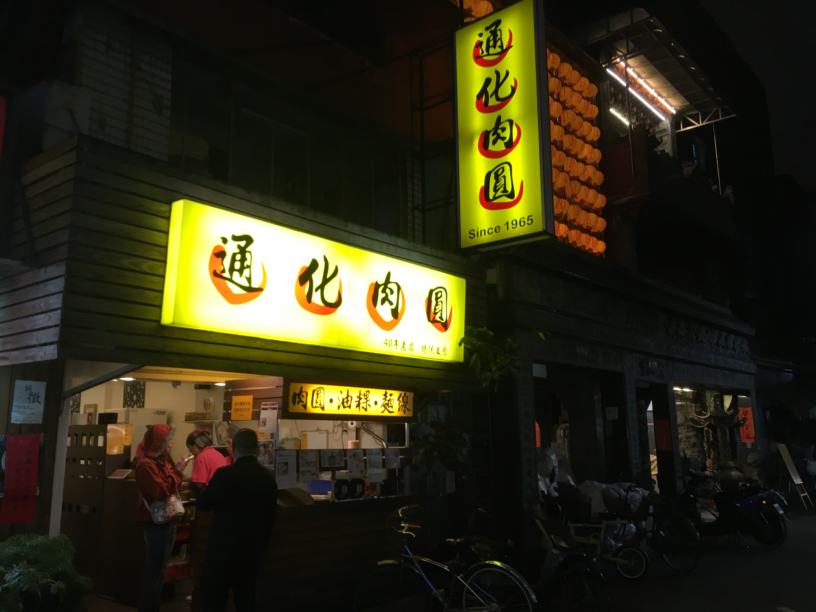
Long-established restaurants acquire a special status, the status of laodian, literally “old store” (老店), which adds to their prestige. Any older town or region may also have an “old street” (老街), consisting primarily of laodian restaurants or other old shops.
Some old, historic coffee shops are thought of as laodian. The newer ones have chic interiors, but the run-down, even dirty interior of a laodian has its own kind of appeal as a marker of authenticity, and of a long history.
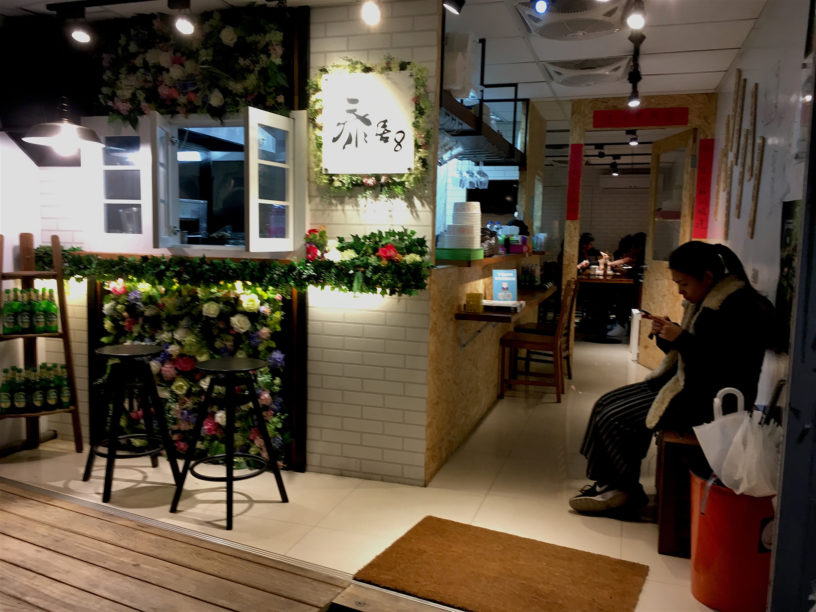
Few of the Taiwanese coffee shops out there will last long enough to become laodian. The over-saturation of the market suggests that it’s only a matter of time before a coffee shop apocalypse wipes out the majority of them. Many a handwringing thinkpiece has wondered why so many young people—particularly Taiwanese “wenqing”, sometimes translated as “hipsters”—seem so intent on opening up coffee shops; despairing baby boomers seem upset at the thought that young people have no higher ambitions. I’ve also heard that young people want to start businesses, but in an age lacking economic opportunities, a coffee shop seems like a reasonably profitable option.
Whether it’s a high-groove coffee shop or a classic laodian, a key element of success, it seems, is the ability to sell the story behind the store. As we’ve noted, sometimes the story is the chance to post a weird photo or a regional dish on social media. But sometimes the story is about the patrons, or the owners. I went with a friend recently to a Taipei-based southern Taiwanese cuisine restaurant popular with Tsai Ing-wen, the current president, in her college days. Even after becoming a senior government official, she apparently continued to hold meetings there with her colleagues. Youth activists were fond of going to A-Cai’s Restaurant—a rechao, a form of Taiwanese restaurant serving cheap stir-fried food with drink—that was famous because dissident journalists and political activists frequented it during the authoritarian period.
Well-known public figures in Taiwan such as actors, directors, or even politicians cash in their cultural capital by opening restaurants. Fans might show up trying to catch a glimpse of them—heck, I admit I’ve done that too, for example, hoping to catch a glimpse of director Tsai Ming-liang at the coffee shop he used to own.
There’s a whole micro-genre of news about restaurateurs and shop owners caught on camera and becoming well-known simply because they are attractive; even the largest media outlets in Taiwan, such as the Liberty Times, Apple Daily, and United Daily News, trade at times in this kind of tabloid fare. This genre features both men and women—usually the latter, given the open misogyny of mainstream media outlets in Taiwan—and I wouldn’t be surprised to hear that it had led to stalking incidents, though you don’t hear about them in the news.
Less disturbingly, there are stories of those who left respectable professions for the food world: The professor who gave it all up for a fried chicken stand, or the electronics industry worker who opened a pizza store. And there’s the store owner who wins some kind of international culinary competition—baking bread, say, or pastry art. After winning prestige for Taiwan on the world stage—something Taiwan is always desperately in search of, given its marginalization from the international community—they come back to Taiwan to open a restaurant to which people will flock, out of a sense of nothing less than national pride.
The best chance for a restaurateur in Taiwan is to be good-looking, win some kind of international competition, and also have switched careers to pursue a driving passion involving food.
There have even been movies made about such individuals, such as the biopic of baker Wu Pao-chun, who won the 2010 Bakery Masters contest held in Paris, which touted him as an emblem of Taiwanese identity. After Wu stated pro-unification views, likely hoping for access to the larger and more lucrative Chinese bread market, his fame became somewhat controversial. Before I chanced upon this movie on television one day, I had no idea that making bread could be so dramatic. Which I guess is to be expected for someone lacking any real sense of taste, and who eats food only to survive.
*Correction: an earlier version mistakenly identified coffin bread as a specialty of Chiayi; it is a specialty of Tainan. We regret the error.

